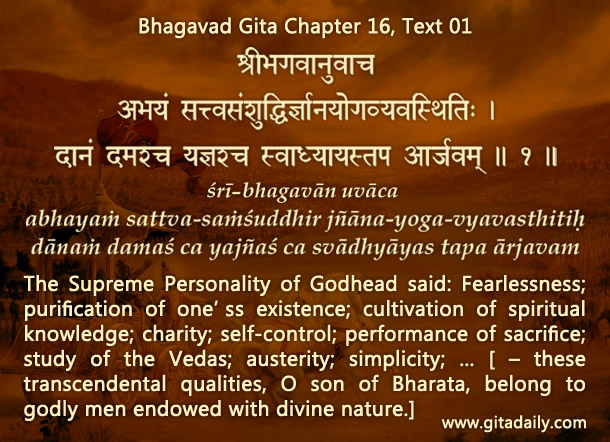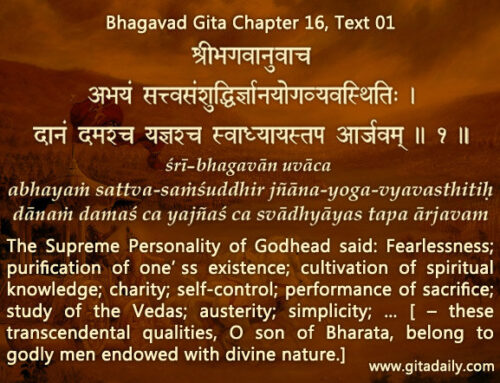How being courageous is different from being fearless – Suppose someone shows no fear even in the presence of great danger. We may appreciate that person as incredibly courageous, but would that lack of fear always be desirable or beneficial?
Sometimes yes, sometimes no. Here’s how.
Fear can impede or even paralyze us in doing important things that involve challenges or dangers. Naturally therefore, we may deem fear undesirable and unbeneficial. While fear has its negative aspects, we might deem it entirely negative, which could deprive us of an essential defense mechanism. Here’s how.
Suppose someone shows no fear because they are ignorant or reckless. If a child plays with a live electric wire because he doesn’t know anything about its dangers, that child wouldn’t be considered courageous, but ignorant. If a youth races on a bike way above the speed limit on a slippery twisting road, that racing too wouldn’t be courageous; it would be reckless. Such ignorance or recklessness is not fearlessness, but brainlessness.
The Bhagavad-gita (16.01) recommends fearlessness as the first among many godly qualities. Yet the Gita also urges us to have a healthy fear of the forces of illusion, knowing that they can overwhelm us at any moment.
Rather than worrying too much about whether we have conquered our fears or have been conquered by our fears, we can focus more on whether we are using our brain to strive toward worthwhile purposes that infuse our life with meaning. When we strive for such a meaningful and purposeful life, we feel emboldened to face our fears and persevere through them.
Gita wisdom stands ready to provide us such a divinely meaningful life that can power us through our fears
One-sentence summary:
Absence of fear is not necessarily being courageous; it may just be being brainless — focus more on being purposeful than on being fearless.
Think it over:
- Why is being free from fear not always desirable or beneficial?
- Instead of being fearless, what can we better focus on?
- What do you feel most fearful about? What purpose can embolden you to face that fear?
***
16.01: Fearlessness; purification of one’s existence; cultivation of spiritual knowledge; charity; self-control; performance of sacrifice; study of the Vedas; austerity; simplicity … – these transcendental qualities belong to godly men endowed with divine nature.



Courage is knowing what not to fear. Courageous people do feel fear, but they are able to manage and overcome their fear so that it does not stop them taking action. They often use the fear to ensure that they are not overly confident and that they take the appropriate actions.
For great leaders, ‘Courage is grace under pressure’.